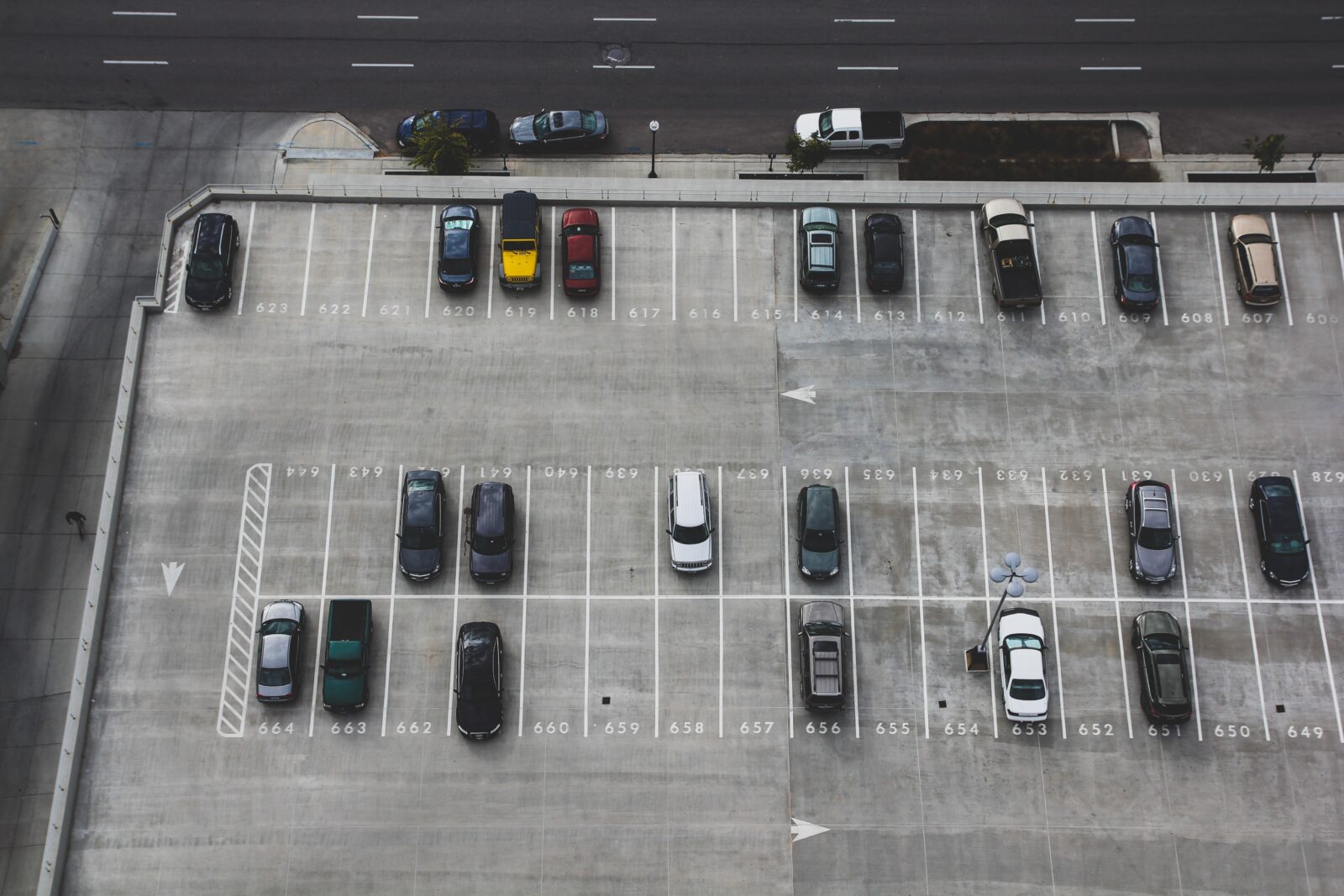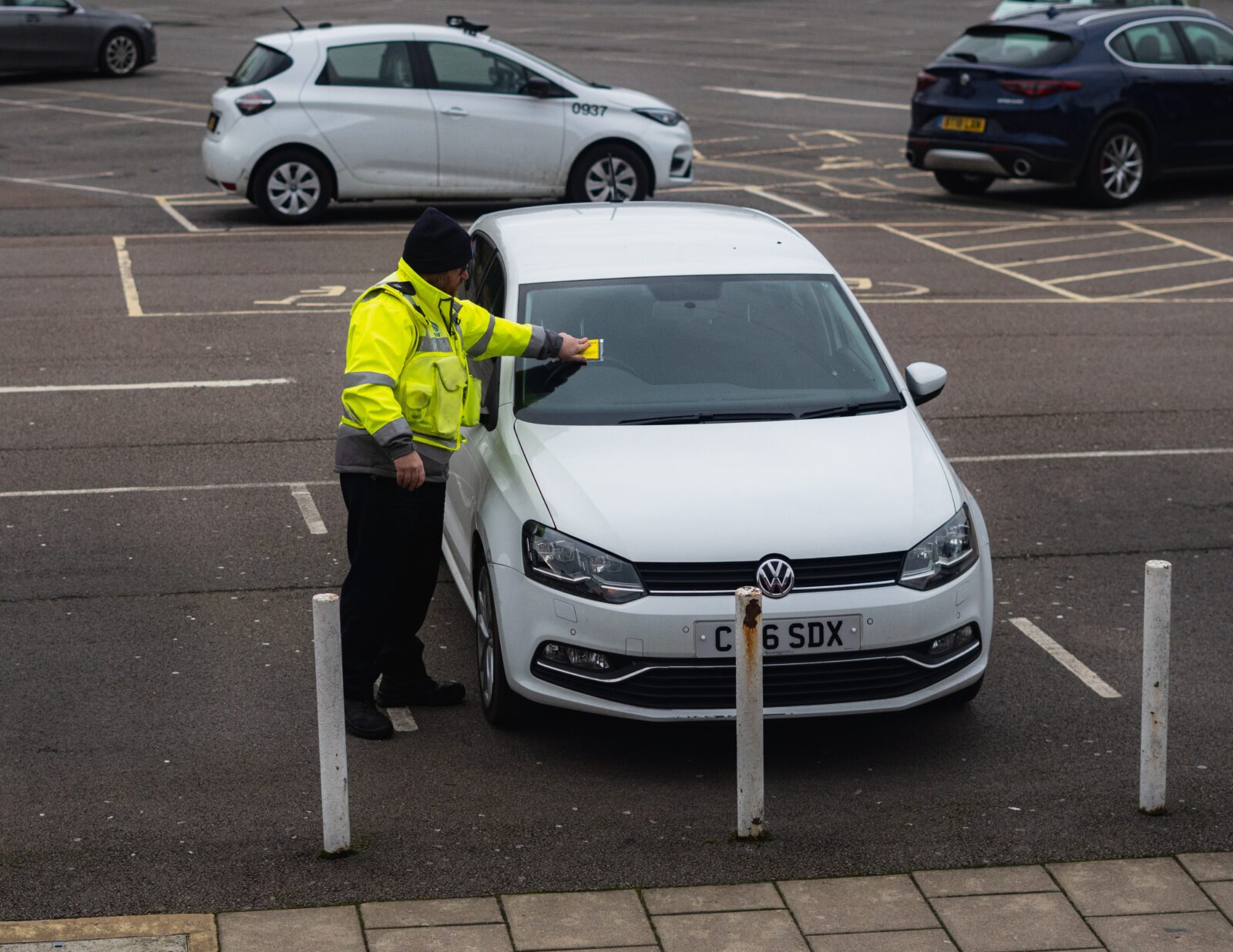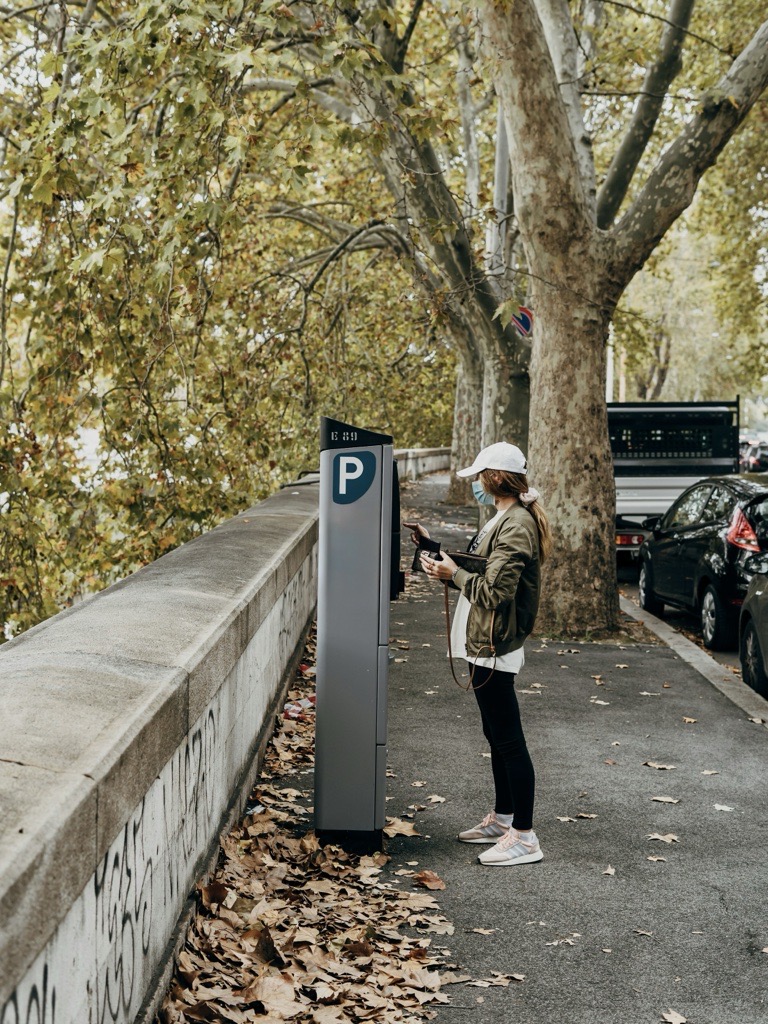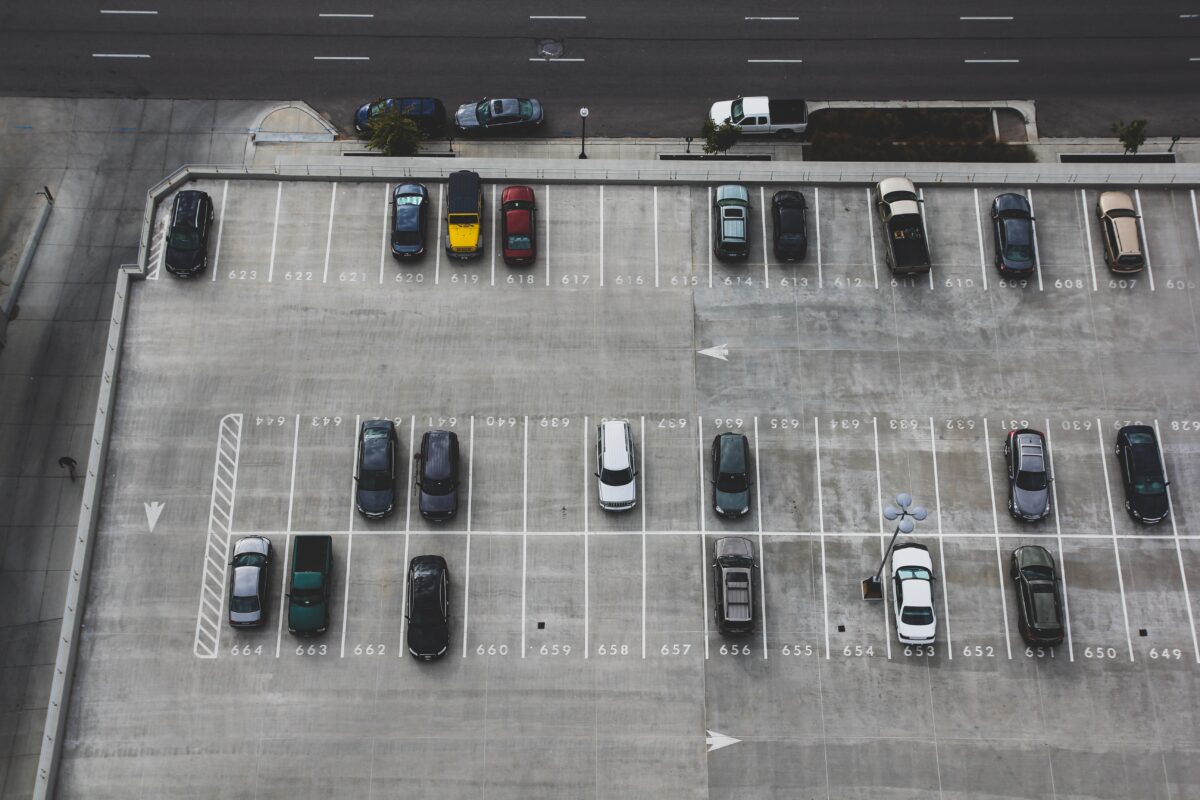
Public safety can be dangerous work
Along with equitable access and traffic regulation, public safety is one of the most important reasons why communities enforce specific parking rules. But rarely do members of the public have the opportunity to reflect on how safe the job of enforcement is, even though, globally, there is a well-documented risk to officers’ safety when they are out performing their duties. By doing work to keep communities safe, council enforcement officers are themselves sometimes endangered.
A survey taken in the UK found that 90 per cent of officers had experienced a violent incident in the previous year. In the context of that staggering frequency of incidents, a Parking Today contributor characterised this behaviour as, “regular citizens … behaving in irregular ways.”
In short: parking officers are doing a stigmatised job, and globally it carries certain risks.
A complex problem
In some workplaces, these risks, including assault, are accepted as part of business as usual. In Denmark, a 2011 study took place across a series of interviews. Its authors made the insight that parking officers are offered support for these harms when they report them—but that they are effectively discouraged from reporting them at the same time, so as not to appear to be causing problems or lacking personal resilience.
In some workplaces, these risks, including assault, are accepted as part of business as usual.
In Denmark, a 2011 study took place across a series of interviews. Its authors made the insight that parking officers are offered support for these harms when they report them—but that they are effectively discouraged from reporting them at the same time, so as not to appear to be causing problems or lacking personal resilience.
What has been done to address it?
These reports reflect what circumstances are, not what they should be. Aside from their own internal processes and programs, in Australia and New Zealand councils have for years thrown their support publicly behind their staff, for example in calling stridently for stronger minimum sanctions or running campaigns reminding residents, workers and visitors to treat council staff with respect.
Destigmatising the profession is a cultural project: occasionally, we could all use the reminder that parking officers are not out to get regular motorists, but are valued civil servants doing necessary work.
One writer over at the Sydney Morning Herald suggests that, as frustrating as receiving a parking infringement can be, it can be mollifying to remember that the money does make its way back to our communities in the shape of council facilities and services.
There are things technology can do to help councils and parking officers manage these risks, too. Making the solutions that support parking officers lighter, more flexible and more discreet to carry and use can help us avert some of the risks.
Technology can help
There are things technology can do to help councils and parking officers manage these risks, too. Making the solutions that support parking officers lighter, more flexible and more discreet to carry and use can help us avert some of the risks. For example, Orikan’s PinForce LPRx solution is an iteration of traditional LPR that takes these factors into account and uses easily-sourced, ubiquitous technology like smart phone cameras and common tablets, instead of bulkier and more obvious traditional installations.
Of course, technology solutions are not able to address complex social problems all on their own. The complexity of this problem means that a multifaceted solution that accounts for social, cultural and technological factors is needed to reduce the risk of harm to officers.


